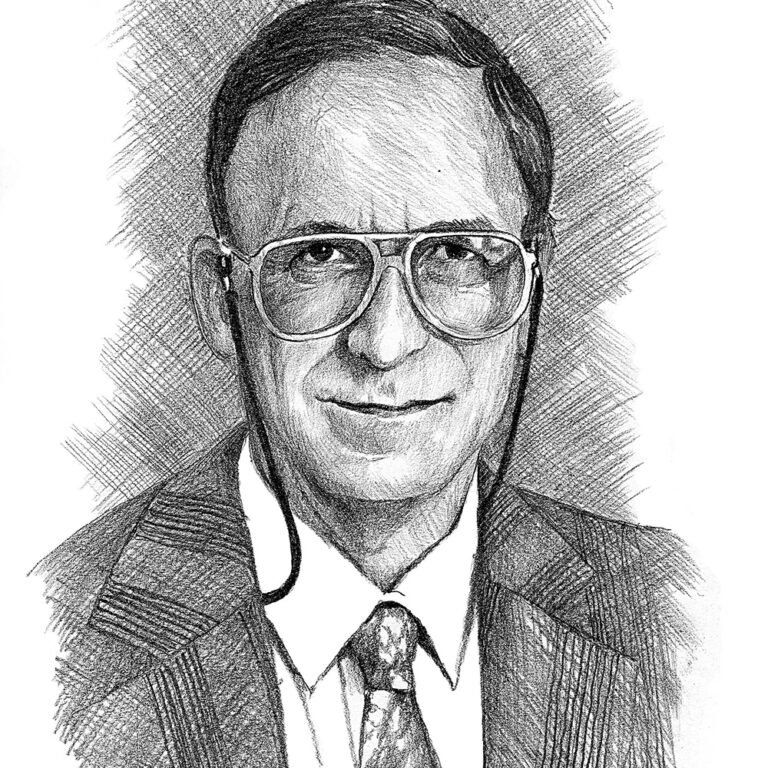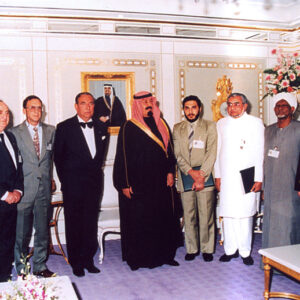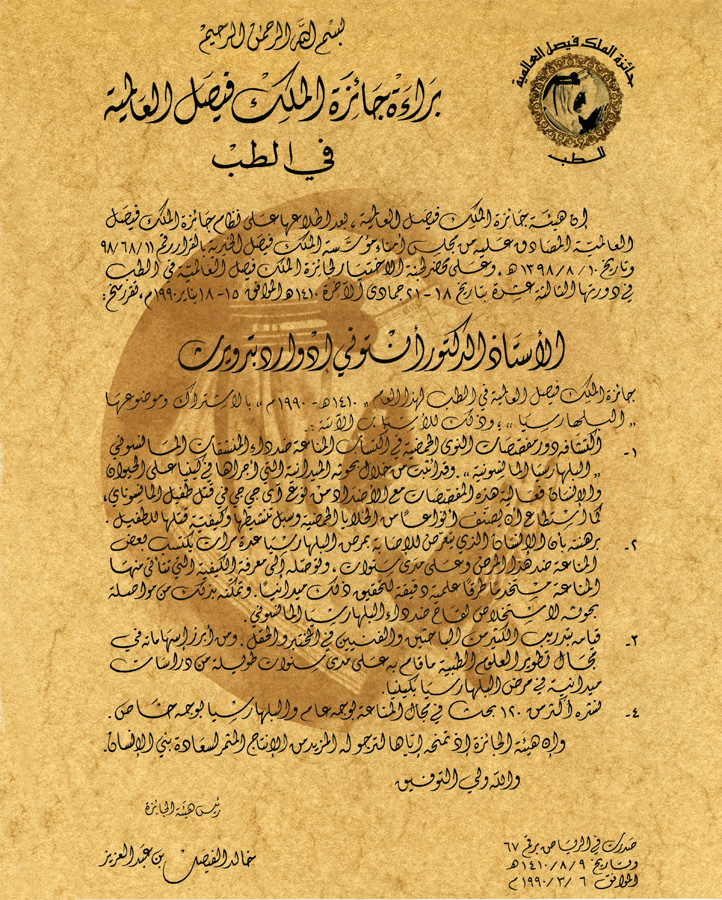

Professor Anthony E. Butterworth
King Faisal Prize in Medicine 1990 Laureate
Topic: "Schistosomiasis "
There is no single, identifiable breakthrough, but rather a steady accumulation of new knowledge and understanding that may slowly allow us to improve our ability to tackle this major human disease

Anthony Butterworth received his BA; M.B., B.Chir., M.A., and Ph.D. in Immunology in 1973 from Cambridge University. He started his career as a researcher at Cambridge University Medical School in the same year, and served from 1973-1977 as a Fellow at the Wellcome Trust Laboratories in Kenya, where he conducted research on the immunology of schistosomiasis. He spent the following two years as a Research Fellow at Harvard Medical School, continuing his studies on schistosome immunity, then joined the Medical Research Council. He is currently an Associate Professor of Medical Parasitology at Cambridge University.
Professor Butterworth spent most of his career studying schistosomiasis (Bilharziasis), a devastating parasitic disease that affects 200-300 million people in tropical and subtropical parts of the world. He combined laboratory research with field studies in sub-Saharan Africa (Kenya, Senegal, South Africa, Sudan, Uganda, and Zimbabwe), in addition to the Philippines, South America and the United States. His studies into the epidemiology and control of this disease, as well as the human body’s immune responses to the parasite, brought significant advances to our understanding of the mechanisms of disease in general, while bringing the world closer to a safe and effective anti-schistosomiasis vaccine.
Professor Butterworth made his first major contribution by showing – in the mid-1970’s – that eosinophils can kill larval forms of the parasite when working in concert with certain antibodies. Later, as a fellow at Harvard Medical School, he and others demonstrated that eosinophils destroy schistosome larvae by releasing highly toxic granules onto the larva’s surface. Butterworth’s next major accomplishment came when he conducted longitudinal studies on human schistosomiasis in Kenya and Uganda which showed that, beginning at around the age of 12, individuals experience increased Immunoglobulin E (lgE) antibody levels — another key culprit in allergic reactions — that react against antigens of the adult parasite, as well as a drop in the levels of certain antibodies that obstruct the immune response. Molecules recognized by the IgE antibodies in immune humans are being investigated as possible candidates for a vaccine.
Professor Butterworth was elected as a member of several prestigious societies including the Royal Society of Tropical Medicine and Hygiene. He received many awards including the Frederick Murgatroyd Prize from the Royal College of Physicians in 1979 and the Bernhard Nocht Medal from the Bernhard Nocht Institute in 1987.
This biography was written in the year the prize was awarded.
- After his retirement, he was appointed Honorary Professor at Cambridge University.
- He received several awards and honors including:
- Fellowship of the Royal Society in 1994.
- Chalmers Medal from the Royal Society of Tropical Medicine and Hygiene in 1990.



